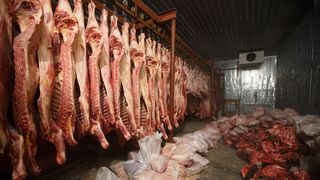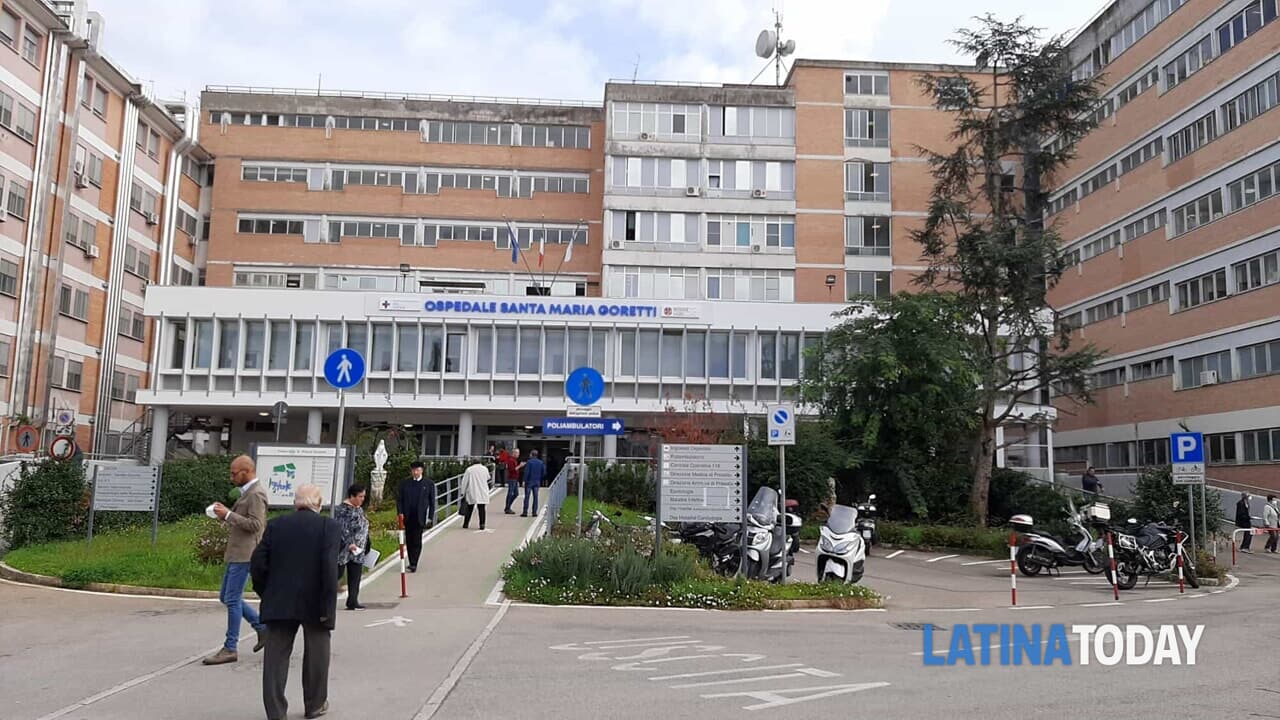Table of Contents
“I say to myself that I do not see it as useful and happy from an agricultural point of view,” the minister and leader of the People’s Party told the editors. SZ Byznys to the trade agreement between the EU and four South American countries – Brazil, Argentina, Paraguay and Uruguay.
This is one with explosive themes. Although it is particularly beneficial for Czech engineering companies, farmers in some EU countries oppose the decision of an agreement with the Mercosur bloc. French farmers are at risk of strikes, Italian farmers are also critical. They mainly warn against the importation of cheap beef, poultry and sugar.
There is speculation that a deal could be finalized in the coming weeks, but Výbrýný believes that will not happen. “I am sure that there is no political will to sign the agreement at the European level at the moment, especially because of the bad attitude of France and other countries,” he said.
At the conference on the prepared strategy for the development of Czech agriculture until 2030, organized Agricultural Union of the Czech Republicat the same time describes the agreement as “a storm in a glass of water” and believes that, even if it had been approved, it would not have a real direct impact on Czech agriculture, but an indirect impact through impact on Western European countries.
The draft agreement contains safeguards in the form of quotas and other measures that should prevent negative effects on the European Union. The Institute of Agricultural Economics and Information, which prepares economic analyzes for the Ministry of Agriculture, does not consider the agreement to be a greater threat.
Representatives of the agricultural union and also some Czech politicians are against the agreement. “The deal is not good. We have bad experiences with imports. Our farmers have to comply with several measures that increase their costs. Our competitors would be large farms that do not meet these conditions in any way,” said MP ANO and a member of the Parliament’s Agriculture Committee. Margita Balaštíková.
According to data from the Agricultural Union, the average farm size in Argentina is over 500 hectares, ie almost five times higher than in the Czech Republic, which has the largest farms in the European Union.
“I do not find it appropriate at all for any goods in which we are self-sufficient to be transported to Europe. A certain amount of imports is fine, but only for goods we don’t really have,” he disagrees with the trade agreement either Peter Stepaneksenator and member of the agriculture subcommittee for STAN. Prime Minister Peter Fiala Welcome to the previous contract.
The strategy calls for increasing meat production
It is only self-sufficiency that causes great passion among farmers. The Czech Republic is largely dependent on imports for eggs, potatoes, poultry, apples, pork, wine and fresh vegetables.
Agricultural Union i Agrarian Chamber of the Czech Republicie the strongest business groups, referring to how the government’s committee for European affairs recommended in 2007 to maintain the strategic self-sufficiency of basic materials at the level of 85 percent. Apart from eggs, not all the mentioned products meet this. The upcoming 2030+ strategy, which the ministry wants to present in January, however, is not dependent on determining specific sections of self-sufficiency in food.
“The specific level of self-sufficiency is not included in the strategy, but we are changing the indicators of how we want to increase, for example, pig and chicken farming. But the level of self-sufficiency is also linked to the number of residents, etc.,” said Marek Výborný SZ Byznys.
He said at the conference that 100 percent self-sufficiency is an unrealistic goal. At the same time, he defended the actions of the government, which, according to him, has led to stopping the decline in livestock production.
“We will not change the redistribution”
The largest agricultural groups claim the opposite, namely that livestock production is declining. Accordingly, government policy has encouraged farmers in many ways, whether it is setting subsidies with the highest level of redistribution in the EU, stricter requirements for farmers (for example, the obligation for cage farms rebuild) in field . welfare and protection of the environment (division of blocks of land to 30 hectares) or for example due to an increase in property tax.
Výborný admitted that the subsidies damaged some medium-sized enterprises, but he refused to solve it before 2027 with a fundamental change of the subsidy policy, which would change the rules for the redistribution of subsidies.
“We talked about moving the payment for the first hectare from 150 to 400 to 450 hectares. This would mean that we will take away an amount well over 1,000 CZK per hectare from small production farmers. We would have to reduce payments for the biggest entrepreneurs, and for medium-sized ones we will give 200 crowns per hectare in the best case. That’s why we didn’t do it. I think they would rightly criticize us that such a change is unnecessary,” he explained.
He believes that it is appropriate that two billion CZK more will go into the agricultural budget next year as part of national subsidies. This will support sectors that require human labour, ie animal production in particular.
2024-11-26 16:30:00
#storm #glass #water #Excellent #ideas #case #South #American #tournament

Considering the environmental implications mentioned in Section 1, how can the Czech Republic balance its pursuit of agricultural self-sufficiency with the need for sustainable farming practices?
## Open-Ended Questions for Discussion:
This article discusses Czech Republic’s agricultural policy and the debate surrounding self-sufficiency and subsidies. Here are some open-ended questions to stimulate discussion:
**Section 1: Defining Self-Sufficiency**
* What does “self-sufficiency” mean in the context of agriculture? Is it a realistic goal, and if so, to what extent?
* Should a country aim for complete self-sufficiency in all food production, or are there benefits to specialization and international trade?
* What are the environmental implications of striving for greater self-sufficiency in agriculture?
**Section 2: Impact of Government Policy**
* How effective are regulations like cage-farm rebuilding in ensuring animal welfare? Are there alternative approaches to achieve similar outcomes?
* How do land ownership regulations, such as the division of blocks, impact agricultural productivity and sustainability?
* Do you think the current subsidy system is fair and effectively supports both small and large farms?
**Section 3: Challenges and Solutions**
* What are the main challenges faced by Czech farmers today, and how can the government better support them?
* What role can innovation and technology play in increasing agricultural productivity and sustainability?
**Section 4: Future of Czech Agriculture**
* What are the potential implications of the 2030+ strategy for Czech agriculture?
**Section 5: Broader Considerations**
* How does the Czech experience with agricultural policy compare to other European countries?
* What lessons can be learned from the debate on agricultural self-sufficiency in the Czech Republic?
**Remember to encourage participants to share their own experiences, perspectives, and potential solutions.**


